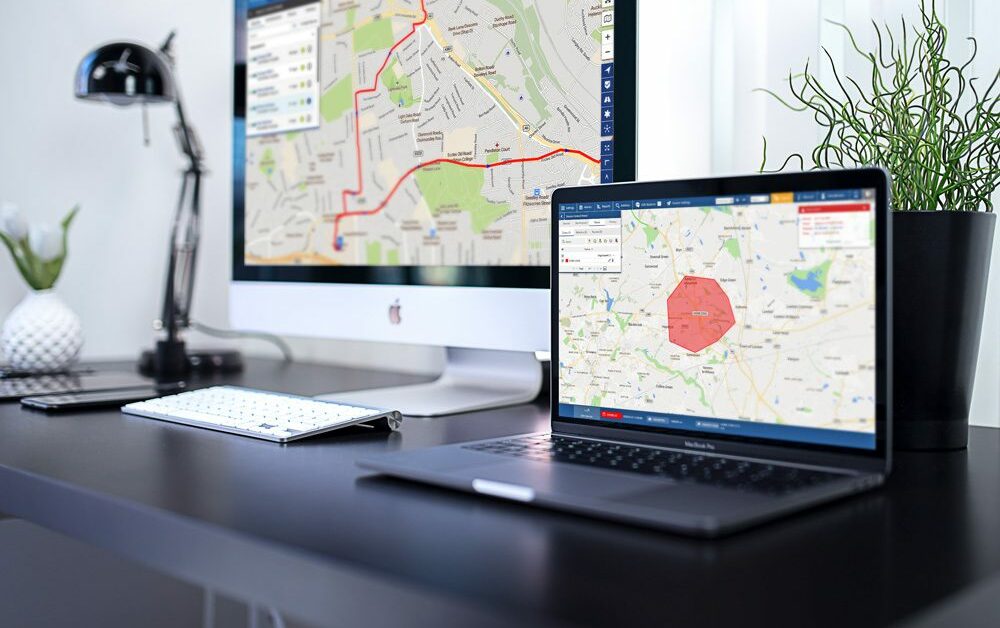In the fast-paced world of fleet management, staying ahead of the competition requires more than just efficient vehicles and skilled drivers. Integrating a reliable GPS tracking system is a crucial step towards optimizing operations, reducing costs, and ensuring the overall safety and security of your fleet. However, with a plethora of options available in the market, choosing the right GPS tracking solution can be a daunting task. This comprehensive guide aims to provide fleet managers and decision-makers with the essential information needed to make an informed choice.
Understanding Your Fleet’s Needs
The first step in selecting the right GPS tracking system is to understand the unique needs and challenges of your fleet. Consider the size of your fleet, the types of vehicles you operate, the geographical areas covered, and any specific requirements such as temperature monitoring for refrigerated trucks or real-time asset tracking. By defining these parameters, you can narrow down your options and focus on systems that align with your fleet’s specific needs.
Key Features to Look For
- Real-Time Tracking:
– Ensure the GPS tracking system provides real-time location updates. This feature is essential for monitoring vehicle movements, optimizing routes, and responding promptly to any unforeseen events.
- Geofencing Capabilities:
– Geofencing allows you to set virtual boundaries for your vehicles. This feature is invaluable for alerting you when a vehicle enters or exits a predefined area, helping enhance security and ensure compliance with designated routes.
- Integration and Compatibility:
– Choose a system that seamlessly integrates with your existing fleet management software, if applicable. Compatibility with other devices and systems, such as fuel monitoring or maintenance software, can streamline operations and provide a holistic view of your fleet’s performance.
- Customizable Reporting:
– The ability to generate customizable reports is crucial for gaining insights into driver behavior, fuel consumption, and overall fleet efficiency. Look for a GPS tracking system that offers a variety of reporting options tailored to your specific needs.
- Driver Behavior Monitoring:
– Opt for a system that includes features to monitor driver behavior, such as speeding, harsh braking, or unauthorized vehicle use. This not only enhances safety but also contributes to reducing maintenance costs and extending the lifespan of your vehicles.
Consider the Scalability
As your business grows, so will your fleet. It’s essential to choose a GPS tracking system that can scale with your business. Look for solutions that offer flexibility and can accommodate the increasing number of vehicles and additional features as your fleet expands.
Budget Considerations
While it’s tempting to opt for the most feature-rich GPS tracking system, it’s crucial to align the features with your budget constraints. Evaluate the cost of implementation, monthly subscription fees, and any additional charges for extra features. Consider the return on investment (ROI) in terms of fuel savings, increased efficiency, and reduced operational costs.
User-Friendly Interface and Support
A user-friendly interface is essential for fleet managers and staff to easily navigate and make the most of the GPS tracking system. Additionally, check for the availability of customer support and training resources. A responsive support team can be invaluable in addressing any issues promptly and ensuring a smooth implementation process.
Industry-Specific Considerations
Different industries have unique requirements when it comes to fleet management. For example, delivery services may prioritize real-time tracking and optimized routes, while industries dealing with temperature-sensitive goods may require robust temperature monitoring features. Consider these industry-specific needs when evaluating GPS tracking systems.
Case Studies and Reviews
Before making a final decision, research case studies and customer reviews related to the GPS tracking systems you are considering. Real-world experiences can provide valuable insights into the performance, reliability, and customer support of the system. Look for reviews from businesses similar to yours to gauge the system’s suitability for your specific industry and operational requirements.
Conclusion
Choosing the right GPS tracking system for your fleet is a significant decision that can have a lasting impact on your business. By understanding your fleet’s unique needs, prioritizing key features, considering scalability and budget constraints, and researching user experiences, you can make an informed decision that aligns with your business goals. A comprehensive approach to selecting a GPS tracking system will not only enhance the efficiency of your fleet but also contribute to the overall success and competitiveness of your business in the dynamic landscape of fleet management.



































